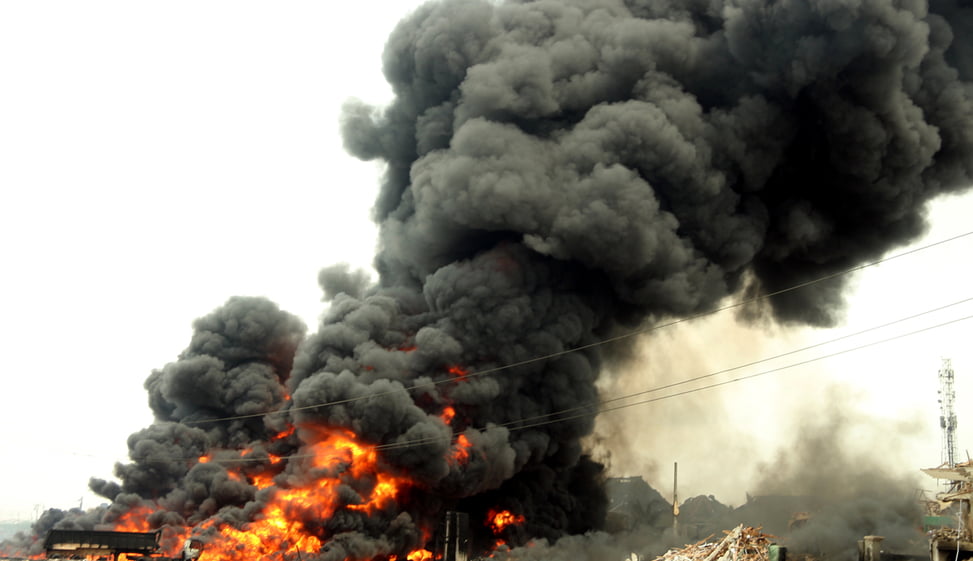A devastating bombing in Nigeria’s Borno state claimed the lives of at least 19 people and left more than 20 injured late Wednesday evening. The tragic incident occurred in a popular tea house, marking the second major attack in the region in recent weeks. The explosion has heightened concerns about the persistent security challenges in the northeastern part of the country.
The bombing took place around 8 PM local time in Kawuri village, situated approximately 50 kilometers from Borno’s state capital, Maiduguri. Security and government officials confirmed the details of the attack, highlighting that the wounded individuals were rushed to nearby medical facilities for urgent treatment.

According to initial reports, the explosive device was planted and was not a result of a suicide attack, a tactic often employed by terrorist groups in the area. No group has yet claimed responsibility for the bombing. However, Borno state is known to be a hotspot for militant activities, with both the Boko Haram jihadist group and their rivals, the Islamic State West Africa Province (ISWAP), active in the region.
Local media outlets have suggested that in response to the assault, Nigerian authorities may consider implementing a series of security measures, including movement restrictions, vehicle checks, or curfew impositions, as a means of preventing further incidents and maintaining public safety.
The bombing follows a series of coordinated attacks that occurred just weeks prior in Borno state’s Gwoza area, where suspected female suicide bombers targeted several locations, including a wedding, a hospital, and a funeral. These attacks resulted in the deaths of 32 individuals, further underscoring the volatile security situation in the region.
Borno state remains at the epicenter of a brutal 15-year Islamist insurgency that has wreaked havoc across northeastern Nigeria. The conflict has resulted in the deaths of thousands and the displacement of millions. Despite significant military efforts to degrade the capabilities of these militant groups, they continue to carry out deadly attacks against civilians and security forces, posing a formidable challenge to peace and stability.
The Nigerian military has made considerable strides in reclaiming territory previously held by these insurgent groups. However, the recent spate of attacks highlights the adaptability and resilience of the militants, who persist in their campaign of terror, exploiting vulnerabilities within the security apparatus.
As the region grapples with the aftermath of this latest tragedy, there is an urgent call for enhanced security measures and increased collaboration between government forces and local communities. Such efforts are deemed essential to curb the activities of these terrorist factions and restore a sense of normalcy to the affected areas.
The international community continues to express concern over the ongoing violence in Nigeria’s northeastern states. Humanitarian organizations have also emphasized the dire need for continued support to address the immediate and long-term needs of affected populations, particularly those displaced by the conflict.
VOA



